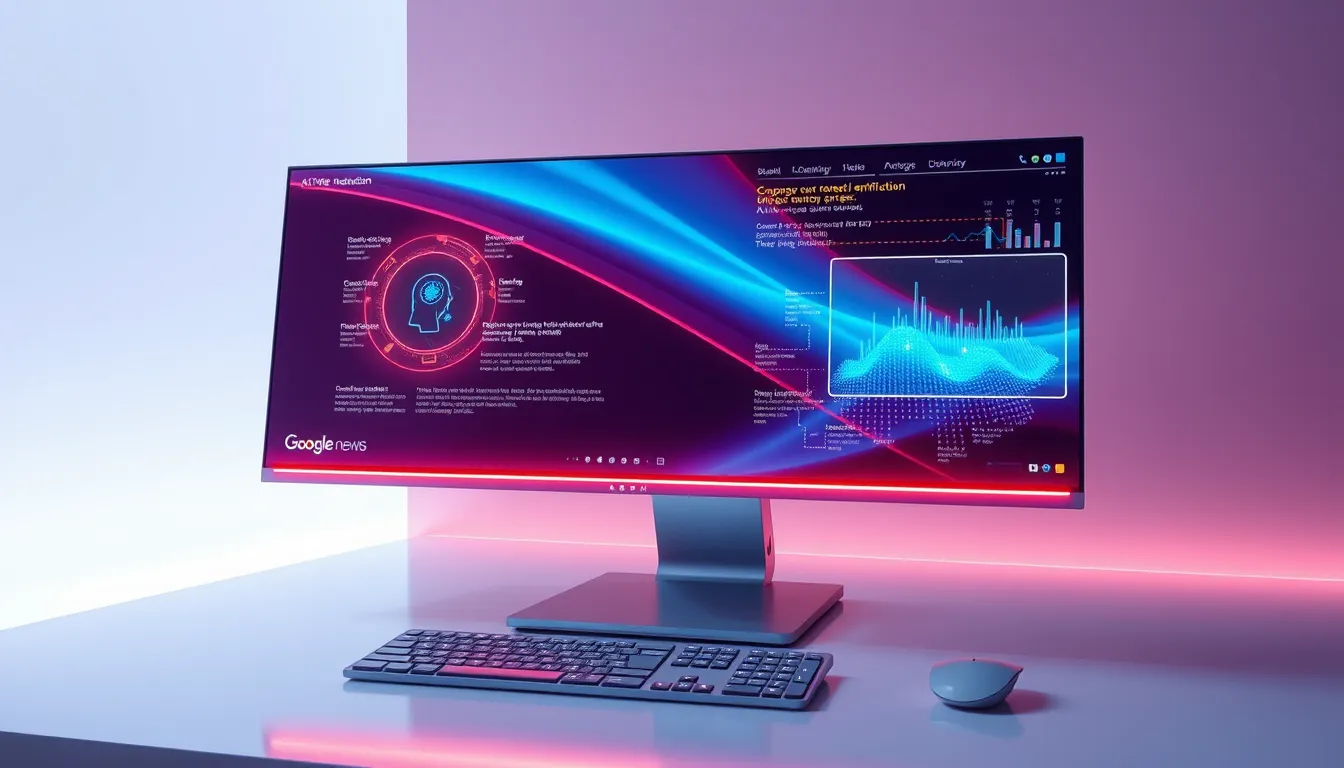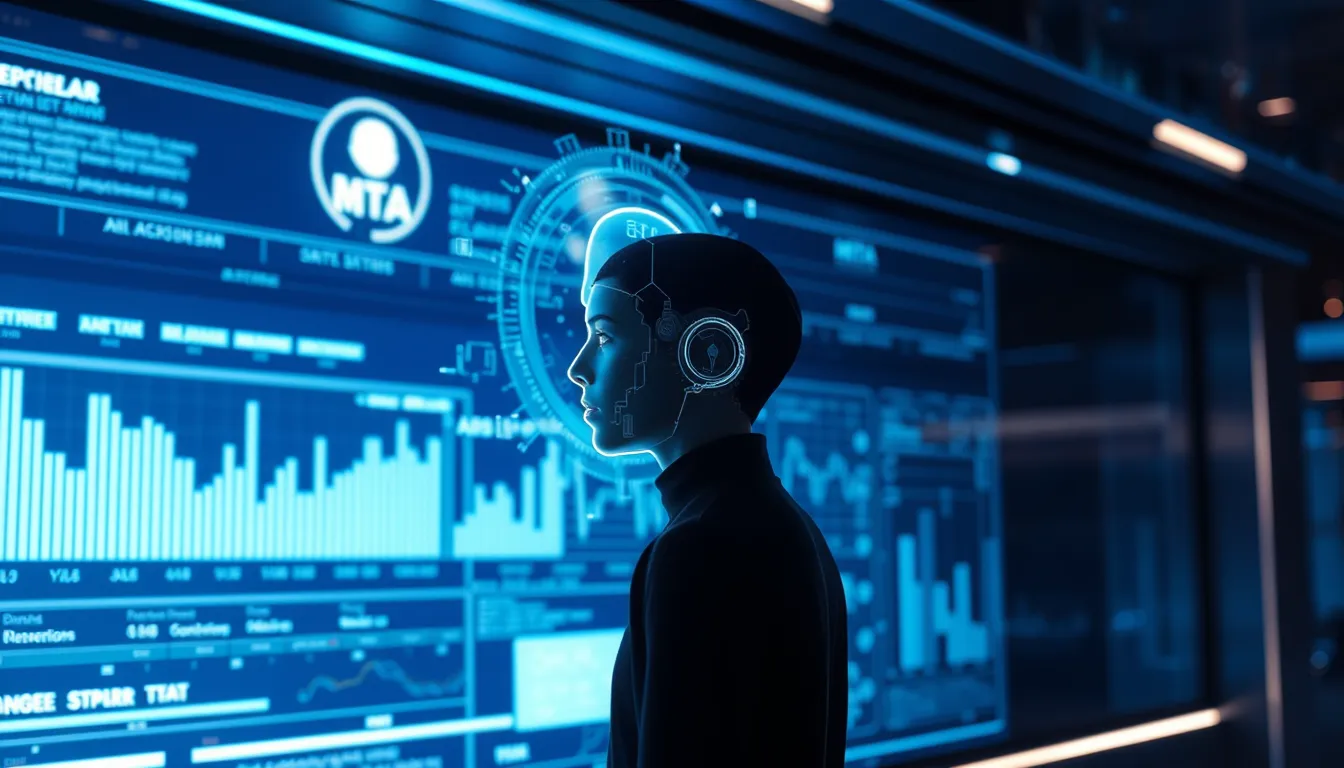Now Reading: Powerful AI in Healthcare Diagnostics: Boosting Patient Care
-
01
Powerful AI in Healthcare Diagnostics: Boosting Patient Care
Powerful AI in Healthcare Diagnostics: Boosting Patient Care

Powerful AI in Healthcare Diagnostics: Boosting Patient Care
Introduction
Artificial Intelligence (AI) is revolutionizing the healthcare industry. With technologies that support AI in healthcare diagnostics, patient care and medical outcomes are being transformed. This article explores how AI in healthcare diagnostics enhances diagnostic accuracy, improves medical imaging, and fuels the overall evolution of patient care.
The Evolution of AI in Healthcare
The journey of AI in healthcare over the last decade has been nothing short of remarkable. Initially adopted to assist clinicians in data analysis, AI has now advanced to become a cornerstone technology in healthcare. Innovations such as AI medical imaging and AI disease prediction have paved the way for more precise, timely, and effective diagnoses.
How AI Improves Diagnostic Accuracy
One of the most compelling benefits of AI is its ability to improve diagnostic accuracy. Here are some ways AI in healthcare diagnostics transforms traditional diagnostic processes:
- Enhanced Imaging Analysis: AI algorithms analyze medical images such as MRIs and CT scans with high precision, detecting abnormalities that might go unnoticed by the human eye.
- Predictive Analysis: AI disease prediction models enable early detection by analyzing patient histories and genetic information, helping doctors to tailor preventive strategies.
- Efficiency and Speed: The use of AI in healthcare not only boosts accuracy but also speeds up diagnostic processes, reducing the time between diagnosis and treatment.
Case Study: Transforming Radiology
Radiology is one of the fields that has benefited tremendously from AI. In many hospitals worldwide, radiologists now utilize AI-based tools to assess imaging results. According to research, these tools have improved the detection rate of critical conditions like cancer, brain disorders, and cardiovascular diseases. For further reading, visit the official website of the Mayo Clinic at Mayo Clinic.
Challenges of AI in Healthcare
Despite its significant advantages, the integration of AI in healthcare comes with challenges. The main concerns include:
- Data Privacy: Ensuring that patient data is secure and managed properly is paramount.
- Integration Costs: Implementing AI solutions requires substantial investments in technology and infrastructure.
- Regulatory Hurdles: Meeting the stringent regulations set by governmental bodies, such as the U.S. Food and Drug Administration (FDA), can slow down the adoption process. For regulatory information, check out FDA.
The Role of AI in Medical Imaging
Advanced medical imaging technologies powered by AI provide a much-needed boost in diagnostic accuracy. AI in healthcare diagnostics systems routinely scan through volumes of imaging data, highlighting areas of concern for further review by medical professionals. The integration of AI in radiology not only enhances routine checkups but also plays a critical role in urgent care scenarios, where every minute counts.
Integration and Adoption in Healthcare Facilities
Numerous healthcare facilities across the globe are already utilizing AI to transform their service delivery. Hospitals and clinics implement AI diagnostic tools to streamline operations and improve patient outcomes. Clinicians and healthcare administrators are also leveraging AI to predict disease progression and customize treatment plans.
Future Outlook: Innovations on the Horizon
As AI technology continues to evolve, the future of healthcare diagnostics looks promising. Research and development in AI diagnostics are actively addressing the challenges and expanding the capabilities of AI algorithms. Some emerging trends include:
- Expansion of Telemedicine: Combining AI with telemedicine platforms can extend advanced diagnostic services to remote areas.
- Personalized Medicine: AI-driven insights enable a more personalized, data-driven approach to treatment.
- Improved Workflow Integration: Ongoing innovations aim to simplify the integration of AI systems into existing hospital workflows.
Conclusion
In summary, AI in healthcare diagnostics is more than just a technological trend; it is a transformative force reshaping the future of medicine. By enhancing diagnostic accuracy, accelerating imaging analysis, and predicting disease risk, AI not only augments the capabilities of medical professionals but also significantly improves patient care. As innovations continue to address current challenges, the integration of AI in healthcare diagnostics is set to pave the way for a healthier, smarter future.
For further insights into AI advancements in healthcare, you can also explore resources from OpenAI at OpenAI, a leader in developing cutting-edge AI technology.
By understanding the profound impact of AI in healthcare diagnostics, both practitioners and patients can look forward to a more efficient, precise, and hopeful future in medical care.

























